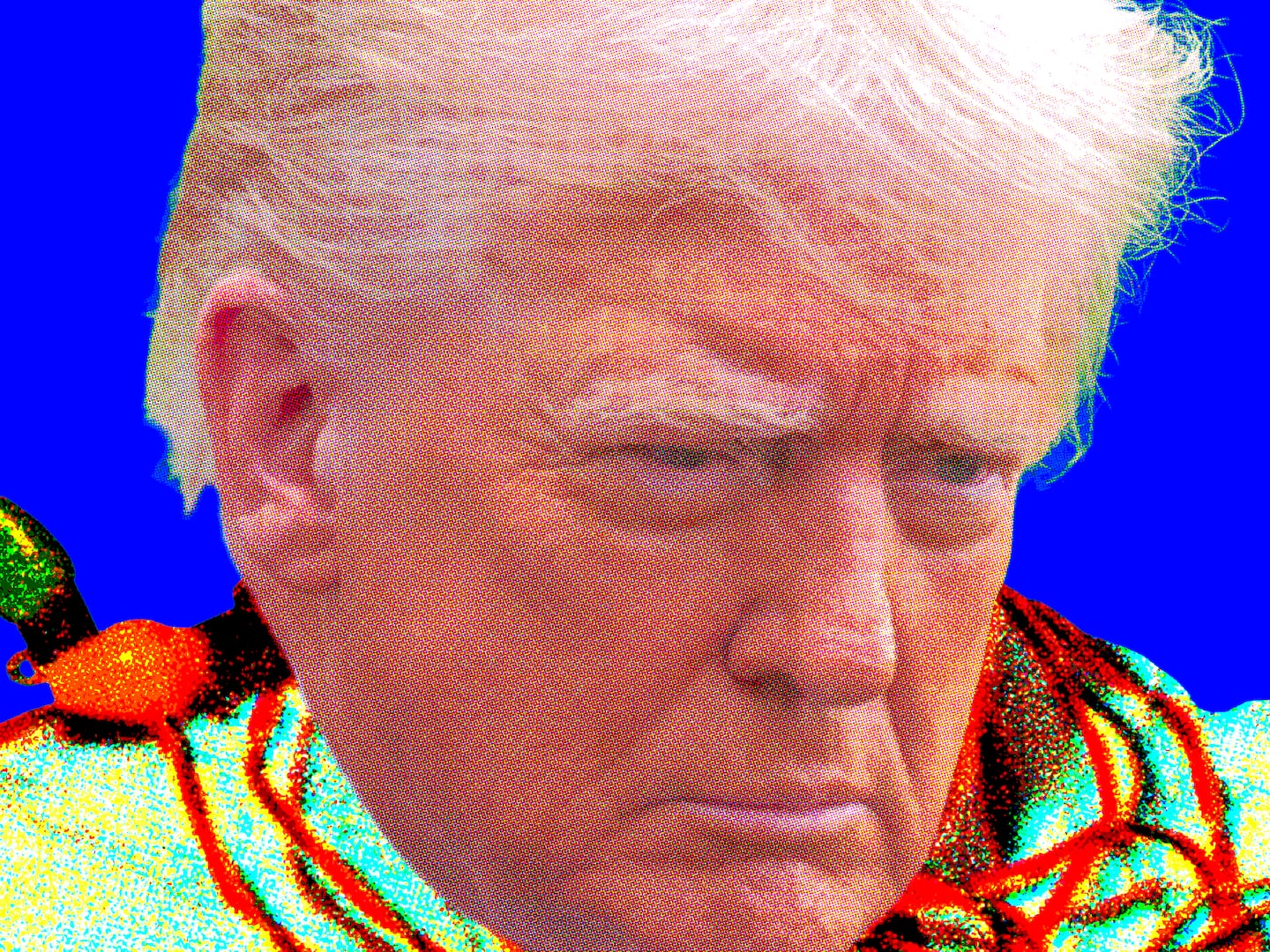Sir Tim Berners-Lee isn’t one for self-congratulation. His creation, which is arguably the greatest innovation of the twentieth century, turns 25 today—but he’s the sort of man who celebrates with nothing more than a brisk bicycle ride.
The British physics graduate submitted a proposal for a network of computers called the World Wide Web on March 12, 1989. His boss thought the plan was “vague, but exciting,” and, over the next quarter of a century, human interaction was revolutionized.
Of course, there is plenty to celebrate, but there is an unmistakable sense of apprehension hanging over the anniversary. The past 12 months have made it increasingly clear that government agencies and multinational companies have been using the web to track, probe and monitor people in a manner that intelligence agencies could scarcely have imagined before Berners-Lee got to work.
On Monday, he personally thanked Edward Snowden for highlighting some of the abuses made possible by his invention. “Thank you. Your actions have been profoundly in the public interest,” he said to Snowden during a discussion at SXSW in Austin, Texas.
The chief executive of his Web Foundation helped to explain the conflict of emotions. "We're very excited about the 25th anniversary,” said Anne Jellema. "[But, one of] the biggest issues is privacy and the huge amounts of data held by the big companies. The last year has been a drum roll of revelations—governments, not just the USA but the UK, German, Indian, are more and more collecting bulk data and storing data."
"The storing of data is something that I am concerned about, so is Tim Berners-Lee. If you suspect someone is monitoring, it will change the way we use the web, which could be damaging," she said.
Berners-Lee needs no reminder that, from a single desktop computer installed in his office at the CERN research center in Switzerland, he has created a monster. “I hope this anniversary will spark a global conversation about our need to defend principles that have made the web successful,” he said.
That ordinary-looking computer was on display at the Science Museum in London yesterday with a faded label still visible on its side. “This machine is a server, do not power it down,” the message reads.
“If you'd turned it off you would have been switching off the World Wide Web; something that would be inconceivable to us today,” said Tilly Blyth, curator of the museum’s Information Age exhibition which opens this fall.
“He used it both to design what the World Wide Web was and then to serve the first web pages,” she said. “There are very few objects in the history of technology where you can say that was the first—we’re standing next to Stevenson's Rocket, it was one of many locomotives that was developed at the time. We're also standing next to Alan Turing's Pilot ACE computer—again one of a handful of very early machines as they were looking at making a computational machine. This is actually the world's first web server.”
That boxy, black desktop, which cost CERN around $10,000 at the time, has spawned a sprawling and largely unregulated universe. Martha Lane Fox, a dotcom entrepreneur and member of Britain’s House of Lords, admitted that politicians all over the world were still struggling to come to terms with the scale of the internet.
“I don't think we've got a hold of it yet, I don't think very many countries have got a hold of it yet,” she said. “Partly because we don't know the extent of it, I think we need to, as citizens, demand a lot more transparency of our corporations and of our political systems that's why Tim's campaign is crucial.”
Baroness Lane Fox has been working with all of Britain’s main political parties to introduce a codified set of rules that would guarantee privacy on the internet, at least within national borders.
Another close colleague of Berners-Lee explained to The Daily Beast that it would need to be an international enterprise. “Our politicians are dealing with some pretty complex decisions but we would like to see their decisions guided by a digital Bill of Rights around nations. We want to think about the next 25 years and establish a set of principles and to hold governments and businesses to account,” said Rick Haythornthwaite, chair of the Web Foundation.
With so much work left to do, it’s no wonder the celebrations have been low-key. “He's quietly proud,” said Haythornthwaite. "And I'm sure he'll kick back. He'll probably get on his bike and go for a ride tonight, but I think what he really wants is to recognize this is for everyone. He doesn't want this to be the Tim Berners-Lee show.”





